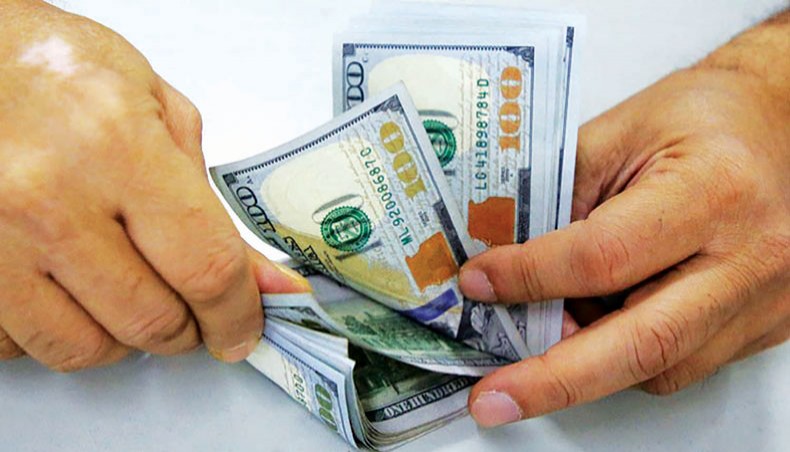[ad_1]

A fact-finding mission has found that the hundi is growing in popularity on banking channels for sending remittances domestically, and economists blame the unpopular trend on negligent government management and a flawed exchange rate.
A research mission under the Ministry of Expatriate Welfare and Overseas Employment has found that the growing activity of hundi operators, who offer high interest rates and simplicity are the main reasons for the growing popularity of hundi.
According to a Ministry of Commerce official, a two-person team led by the executive director of Bangladesh Bank visited the United Arab Emirates from September 17 to 19 to examine the overall remittance business in the UAE.
The ministry sent the team to the Gulf state after official channels dropped from $2.5 billion in 2018-19 to $2.07 billion in 2020-21.
Remittance inflows from the UAE have been subdued, although more than 83,000 job seekers from Bangladesh ended up in the UAE in the first nine months of the current calendar year.
Salehudin Ahmed, the former governor of the Bangladesh Bank, said the huge discrepancy between the official and unofficial exchange rates for the U.S. dollar is forcing expatriates in Arab oil states to opt for the hundi to send money home.
He called the current exchange rate policy flawed.
As of FY2019-20, the UAE ranks second among remittance source countries. The first is the Kingdom of Saudi Arabia.
KSA lost first place to the US for the 2020-21 financial year.
Excluding the UAE, total remittance flows to other countries slowed by 7.37% to $1.52 billion in October from $1.64 billion a year earlier.
The flows have raised concerns for the government because remittances provide a huge boost to the country’s balance of payments, which is now under pressure as foreign exchange reserves fell to below $35 billion from $48 billion a year ago.
Measures have been taken to save dollars, including cutting power generation, restricting imports and canceling travel abroad by public officials.
The government has reached a tentative agreement to borrow $4.5 billion in loans from the International Monetary Fund over the next three years, which economists say will help counter volatility in the foreign exchange market.
Ahsan H Mansur, executive director of the Institute for Policy Studies, said the government needs to remove barriers to increase the flow of remittances through official channels.
An official from the Manpower Employment and Training Authority said they had taken steps to address the issues identified by the fact-finding mission to increase the flow of remittances through official channels.
Mir Khairul Alam, another director of BMET, said overseas job seekers must have bank accounts in the country.
He said other agencies, notably the Bangladesh Bank and the Finance Ministry, were responsible for implementing other proposals such as the introduction of mobile financial services and waiving of service fees.
Ministry officials said the fact-finding mission had also tracked fake mobile financial services apps in the UAE to lure money senders into not charging fees.
The service is called bikash there, they said.
[ad_2]
Source link
